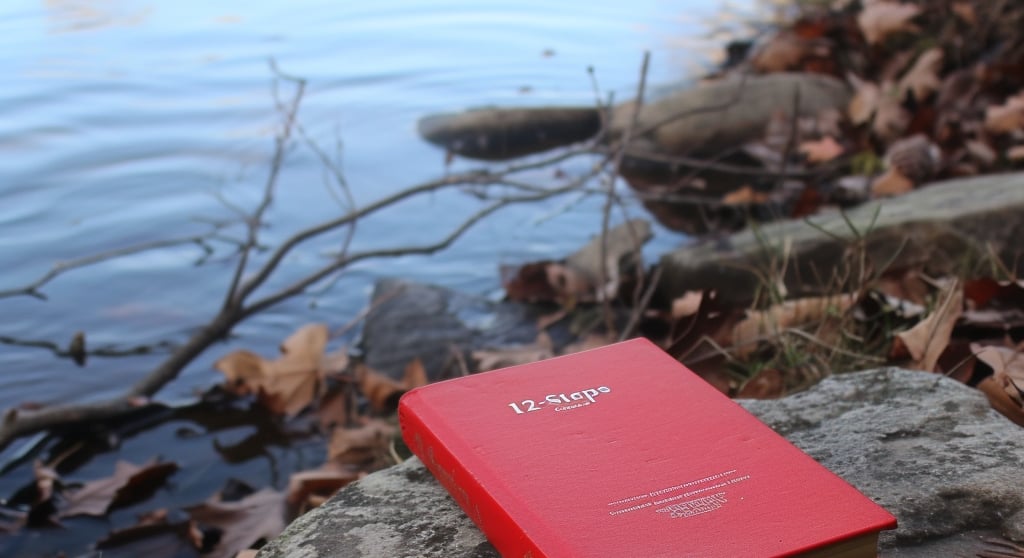If you’ve ever found yourself elbow-deep in a can of barbeque chips, promising “just one more,” only to find it mysteriously empty minutes later, you’ve touched on the concept of “more is never enough.” It’s a phrase that waltzes through the ballroom of our lives, often stopping the music with its presence.
This idea doesn’t just apply to snacks; it seeps into the crevices of our behavior, particularly when it comes to addiction.
The Science of “More”
The heart of addiction lies in the brain’s reward system, specifically in a little party thrown by neurotransmitters like dopamine. When we do something pleasurable, dopamine is poured out in our brain. And our brain? It says, “That was great, and it was so easy! Let’s do it again!”
Substances like alcohol or drugs hijack this system. They crank the dopamine release up to eleven, leading to a reinforced behavior loop. Again, it’s an easy route to the pleasure, and our brain tells us to go after the quick and immediate reward. And it keeps saying, “More, please.”
But here’s the kicker: the more we indulge, the less satisfaction we get. The dopamine high-fives become less enthusiastic, pushing us to seek out even more to hit that initial peak. It’s like trying to bake a cake with a recipe that keeps demanding more flour. Eventually, you’re left with a lot of flour and no cake.

When More Is Never Enough with Drinking
So how does this affect our alcohol consumption? Alcohol, for some, starts as a guest appearance, maybe showing up during celebrations or nights out on the town. For others, it becomes a series regular, slowly becoming the main goal for most of our activities. Drinking behavior often starts innocently enough, with society’s nudge and wink at casual drinking. But when “just one more” becomes a mantra rather than a choice, it’s time to consider the possibility of dependence or addiction.
The psychology of addiction is filled with escape, coping, and eventually, dependency. Among many other things, it can be an attempt to self-medicate, to quiet the cacophony of stress, anxiety, or depression. And with the cycle of our brains telling us to go after more, it doesn’t matter why we take the first drink, the need for more ALWAYS follows close behind.
How the 12-Step Program Takes on More Is Never Enough
The 12-step program helps us rewrite this age-old story. The beauty of this program lies in its recognition that recovery isn’t a solo journey. It’s a supported project, where everyone’s working on their own narrative but isn’t too proud to ask for a little feedback.
The first step, admitting powerlessness over alcohol, is finally understanding and acknowledging that the cake recipe is flawed. It’s accepting that “more” is a ruse, a trick that leaves us always with less than what we started with. The subsequent steps, including believing in a power greater than ourselves and making amends, are about rebuilding the kitchen from the ground up, this time with a recipe for something nourishing.
The 12-step program doesn’t just address the physical dependency on alcohol; it dives into the psychological undercurrents, encouraging introspection, spiritual growth, and community support. It’s about finding satisfaction not in the “more” but in the “enough”—enough self-awareness, enough support, enough love.
Our Endless Pursuit of More
This relentless pursuit of “more” isn’t limited to substances. It’s in the extra hours we pour into work, seeking validation, in the endless scroll through social media, searching for connection, in the relentless quest for perfection, craving acceptance. It’s a universal theme with variations in every life. This is where real recovery comes into the picture.
What “more is never enough” really means is that external solutions can’t fill internal voids. No amount of alcohol, work, likes, or perfection can patch the holes in our spirit. That’s a job for something deeper: understanding, acceptance, and perhaps a touch of grace. It’s holistic recovery, which is more than just abstinence or sobriety.
So, what do we do when faced with the insatiable appetite of “more”? We start by recognizing it, calling it by its name, and then gently, but firmly, guiding it towards the exit. We find fulfillment in the richness of connection, in the beauty of the present, in the depth of our own resilience.
And in moments of temptation, when “just one more” whispers seductively in our ear, we might just find the strength to say, “No, thank you. I have enough.”
Get Help With Alcohol Addiction
Feeling caught in the relentless pursuit of “more is never enough”? EagleCrest Recovery in Benton County, Arkansas, understands and is here to help guide you toward finding “enough.”
Discover a path to healing and regain control over your life with our compassionate care and comprehensive addiction treatment programs. Call us today at (844) 439-7627 and take the first step towards recovery.


